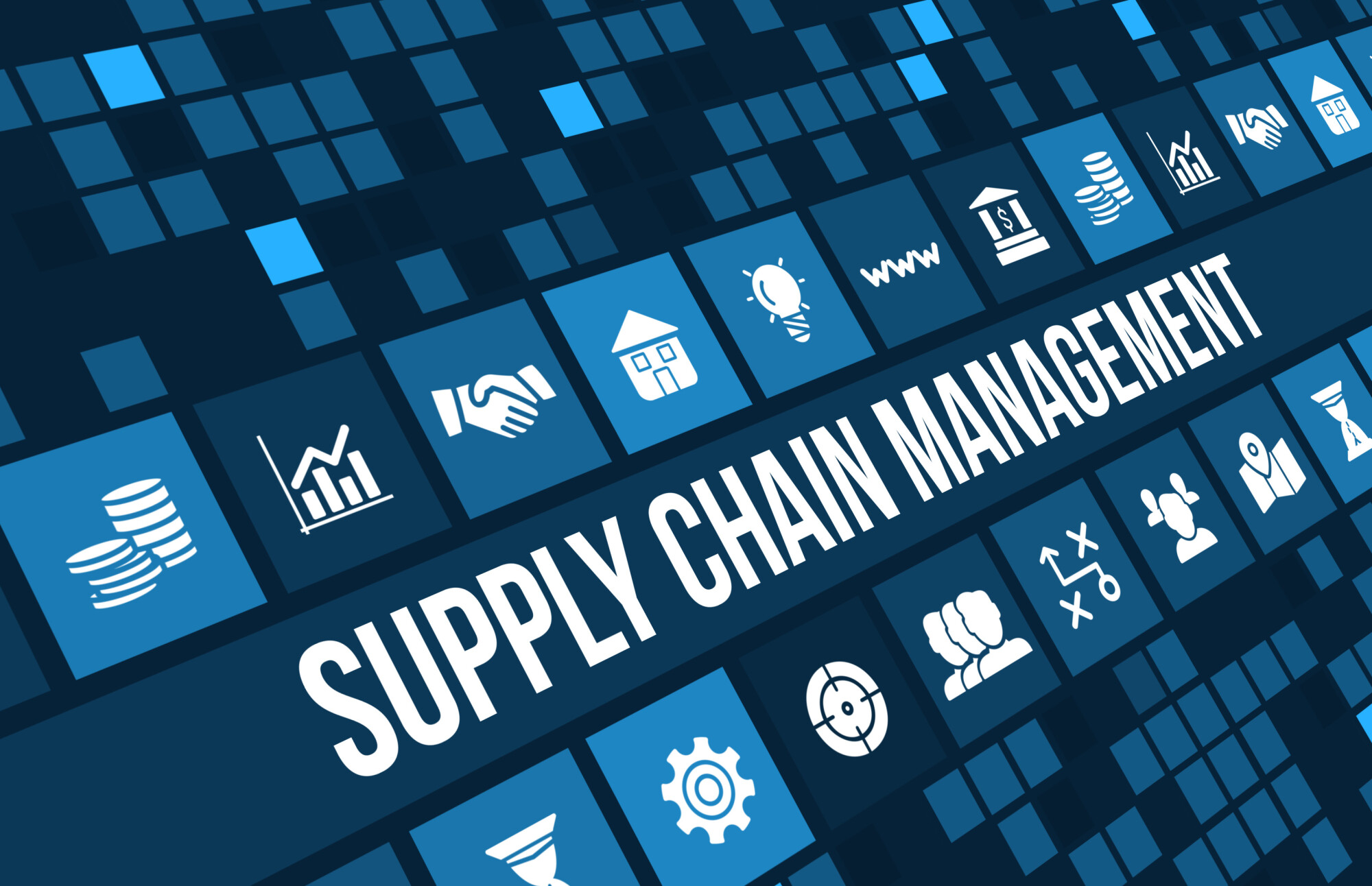The relationship between supply chain and operations management is crucial. It dictates the success of any business. That’s why companies need people in both fields to handle it.
Operations managers ensure that the company runs smoothly. These managers oversee production, distribution, and customer service channels.
Supply chain managers oversee procurement, shipments, and customer relations. Both managers have similar duties. It’s up to the companies to decide how much overlap there is between the two fields.
Continue reading to find out!
Backbone of Business Operations
Supply chain covers the control of the flow of goods and services. It involves various activities, such as sourcing, procurement, production, transport, storage, and distribution.
A good supply chain enables companies to meet customer demands. They reduce capital costs and enhance revenue.
Streamlining Business Processes
Operations focus on managing and improving production. This leads to the delivery of goods and services. It involves making decisions and planning.
The main aim of operations is to ensure a smooth production run. The goal is to meet customer expectations with less waste and more productivity.
Interplay of Supply Chain and Operations Management
The supply chain provides the necessary inputs to operations. Operations use these inputs to drive efficient production and delivery processes.
Demand Forecast and Planning
The supply chain must provide accurate demand forecasts for operations. This input helps managers plan ahead. They will manage raw materials, labor, and equipment to meet demand.
Inventory
Proper inventory is vital to streamline supply chain and efficient operations. The supply chain works with operations to meet the best inventory levels. They consider factors such as lead times, plant limits, and customer demand.
This way, businesses can avoid stockouts or excess inventory. The company can reduce costs and improve customer satisfaction.
Supplier Relationship
Maximizing your supply chain involves selecting and managing vendors. Build strong bonds with your vendor. This ensures timely delivery of quality inputs.
The result is smooth production. This also reduces process disruptions. It also lessens the risk of supply chain bottlenecks.
Production Scheduling
Operations managers rely on the supply chain for product schedules. This improves production and ensures efficient use of resources. It lessens downtime in the long run.
This aligns production capacity with the demand. Businesses can avoid underuse or overloading. This leads to cost savings and improved operational efficiency.
Maximizing Your Supply Chain Through Operations Management
Operations are vital in maximizing the potential of your supply chain. This way, businesses can enhance the ability of their supply chain.
Stronger Customer Base
Streamlining allows businesses to meet customer demands right away. This leaves the customer satisfied with your products and services.
This results in customer loyalty. It also increases the likelihood of repeat business.
Cost Reduction
The interplay between the supply chain and operations avoids wastage. Less waste means cost savings. This reduction in cost improves business revenues.
Adaptability and Flexibility
Coordination between supply chains and operations allows the business to adapt to changes. Businesses can respond swiftly to market changes and demand fluctuations. This way, the business can seize chances in favor of the business.
Learn More About Supply Chain and Operations Management Today
Supply chain and operations management are vital for business success. There must be a seamless interplay between these two functions. This ensures smooth business.
Maximize the potential of your supply chain through effective operations. Your organization can improve customer satisfaction, cost reduction, and increase agility.
Do you find this guide helpful? Visit our website for more valuable guides for your needs!











